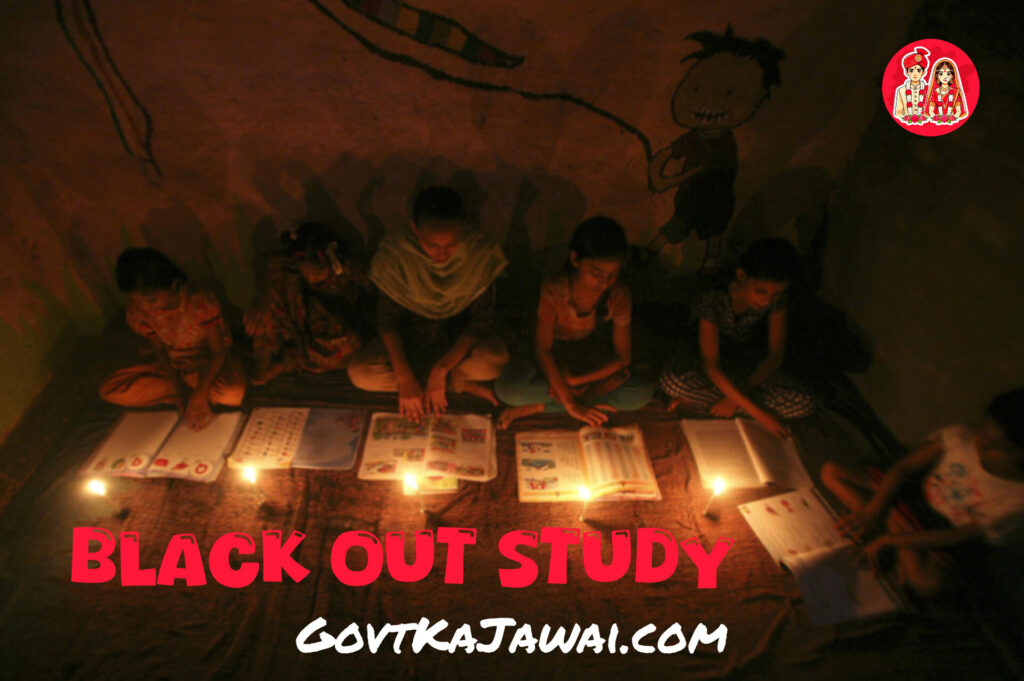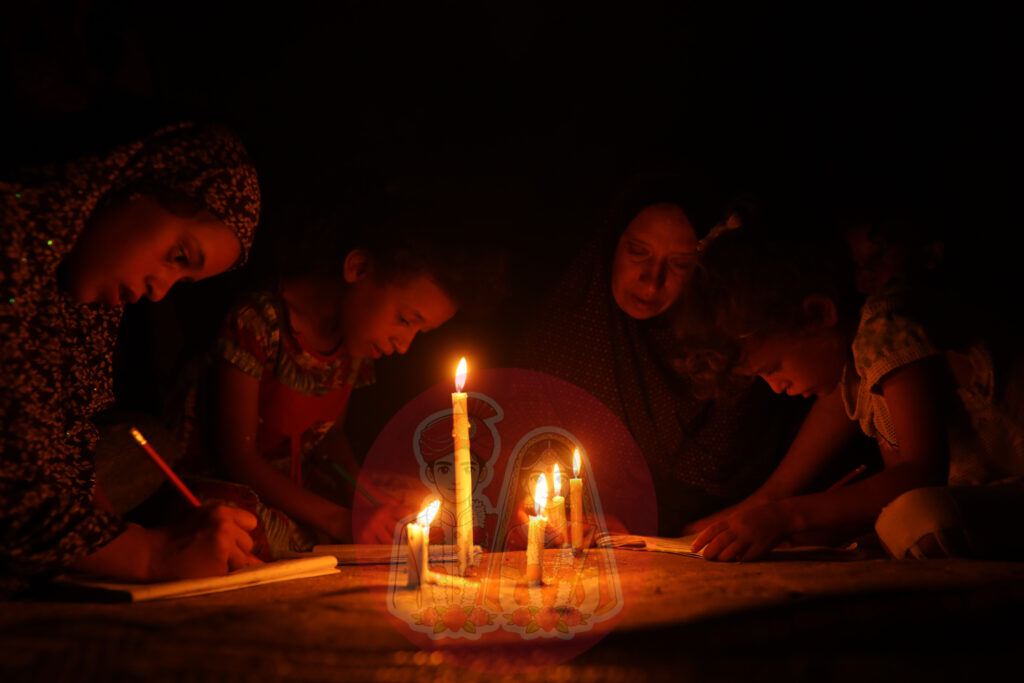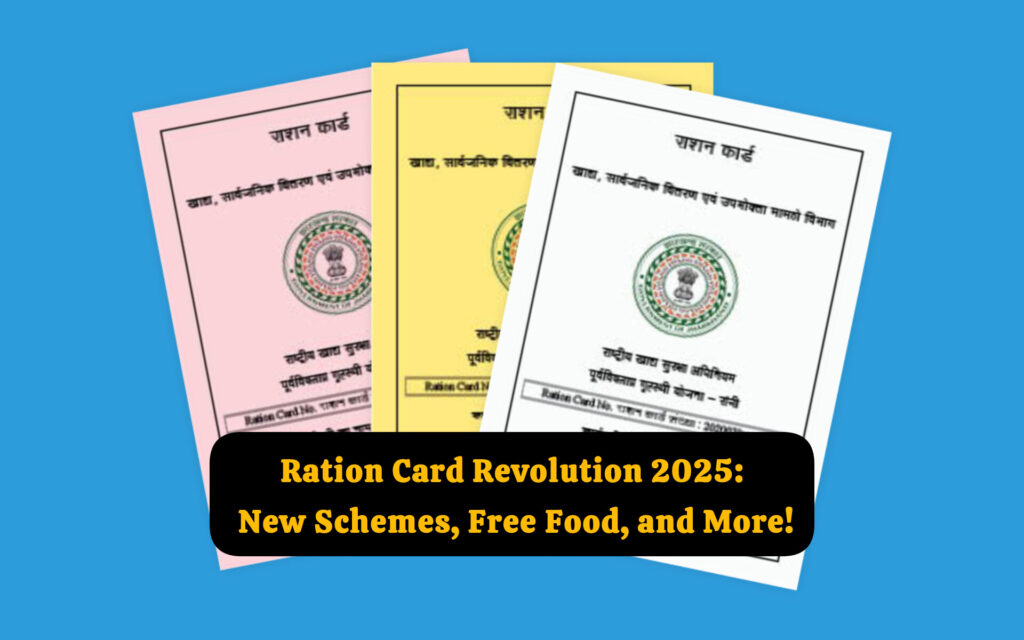
Preparing for competitive exams during a blackout and heightened India-Pakistan tensions requires strategic planning, adaptability, and resilience. Given the disruptions caused by blackouts, internet restrictions, and regional instability, here’s a concise guide to help you stay on track:
1. Understand the Context and Plan Accordingly
- Blackout Impact: Blackouts, as seen in cities like Jammu, Srinagar, Amritsar, and parts of Punjab, Rajasthan, and Gujarat, disrupt access to electricity, internet, and mobility, affecting online study resources, coaching classes, and exam schedules.
- Exam Postponements: Some exams, like the CA exams in 12 border cities, have been postponed due to security concerns, and there’s uncertainty around others like UPSC CSE, CUET, JEE, and NEET. Monitor official announcements from exam bodies (e.g., UPSC, NTA, ICAI) for updates.
- Tensions and Restrictions: Ongoing India-Pakistan tensions, including ceasefire violations and drone activities, have led to school closures, high alerts, and movement restrictions in border areas, potentially causing psychological stress and logistical challenges.
2. Adapt Your Study Environment
- Offline Resources: Stock up on physical study materials (books, notes, previous years’ question papers) to reduce reliance on digital platforms during blackouts or internet shutdowns. Recommended books for competitive exams:
- UPSC: NCERTs, Laxmikanth’s Indian Polity, Spectrum’s Modern History.
- JEE/NEET: HC Verma, DC Pandey, NCERT textbooks.
- Other exams: Refer to syllabus-specific standard texts.
- Alternative Lighting: Keep torches, candles, or solar-powered lamps ready for studying during power outages. Ensure safety by avoiding open flames near study materials.
- Safe Study Space: If you’re in a border area (e.g., Jammu, Punjab, Rajasthan), follow local advisories to stay indoors and avoid crowded places. Set up a quiet, distraction-free corner at home.
3. Manage Time and Prioritize
- Revised Schedule: Blackouts and curfews limit study hours. Create a flexible timetable focusing on high-weightage topics. For example:
- UPSC: Prioritize GS1 (History, Geography) and CSAT basics.
- JEE/NEET: Focus on core concepts in Physics, Chemistry, and Mathematics/Biology.
- Short Study Sessions: Break study time into 1-2 hour blocks to maintain focus during unpredictable disruptions. Use techniques like Pomodoro (25-minute study, 5-minute break).
- Mock Tests Offline: Practice with pen-and-paper mock tests to simulate exam conditions without digital tools. Analyze mistakes to improve weak areas.
4. Stay Informed and Flexible
- Official Updates: Check exam board websites or local news for rescheduling or procedural changes. For instance, UPSC aspirants have requested postponement of the May 25, 2025, prelims due to tensions.
- Backup Plans: If travel to exam centers is restricted, identify alternative routes or nearby centers in advance. Keep admit cards, ID proofs, and essentials ready.
- Local Support: Connect with peers or teachers offline for updates and study group discussions if internet access is limited.
5. Maintain Mental and Physical Health
- Manage Stress: Tensions and blackouts can cause anxiety, especially with exam uncertainty. Practice mindfulness, deep breathing, or short meditation sessions to stay calm.
- Stay Positive: Focus on what you can control—your preparation—rather than external events. Avoid rumors or unverified news about the conflict.
- Healthy Routine: Eat nutritious food, stay hydrated, and get adequate sleep. Stock non-perishable food items in case of supply disruptions. Exercise lightly to boost focus.
6. Leverage Community and Resources
- Peer Groups: Form small, local study groups to share notes and discuss concepts offline. This can also provide emotional support.
- Coaching Alternatives: If coaching centers are closed, rely on self-study or pre-recorded lectures downloaded earlier. Many platforms offer free PDF notes for exams like UPSC, JEE, and NEET.
- Civil Defense Drills: Familiarize yourself with local civil defense protocols (e.g., air raid sirens, blackout rules) to stay safe and minimize disruptions.
7. Specific Tips for Affected Regions
- Jammu & Kashmir, Punjab, Rajasthan, Gujarat: These areas face frequent blackouts and high alerts. Study during daylight hours, avoid unnecessary travel, and follow district advisories.
- Delhi and Other Cities on Alert: While less affected, stay updated on mock drills or sudden restrictions. Maintain a stock of essentials to avoid last-minute hassles.
- Psychological Preparedness: Blackouts are partly psychological tools to build civilian discipline. Use this to strengthen your mental resilience for exam pressure.
8. Long-Term Strategy
- Stay Updated: If exams are postponed, use the extra time to deepen your understanding of key topics and revise thoroughly.
- Skill Enhancement: Work on soft skills like time management and problem-solving, which are crucial for competitive exams and handling crises.
- Contingency Plan: If the situation escalates, consider registering for exams in less-affected regions or preparing for alternative career paths temporarily.
Note on Current Sentiment
Posts on X reflect student anxiety about exam schedules, with demands for postponements of major tests like CUET, JEE, and UPSC due to the ongoing tensions. This indicates a need for proactive preparation while staying alert for official updates.

Final Advice
Focus on offline preparation, prioritize safety, and stay resilient. Regularly check official sources for exam updates, and use this challenging period to build discipline and adaptability—qualities that will serve you well in both exams and life. If you’re in a severely affected area, prioritize safety over study until the situation stabilizes.
If you have specific exam details (e.g., UPSC, JEE) or location-based challenges, let me know for tailored advice!






